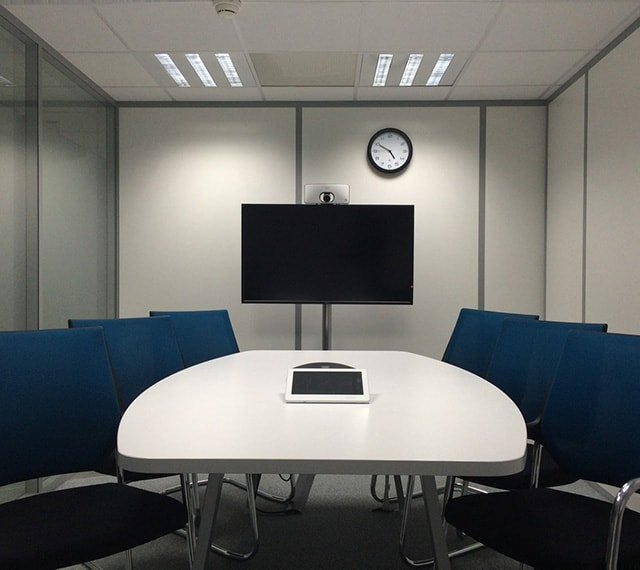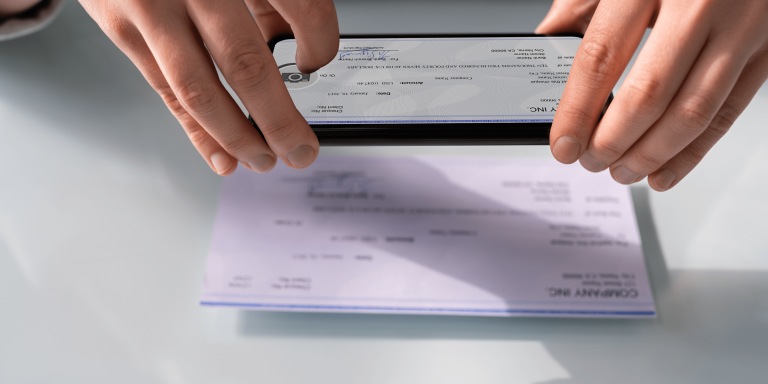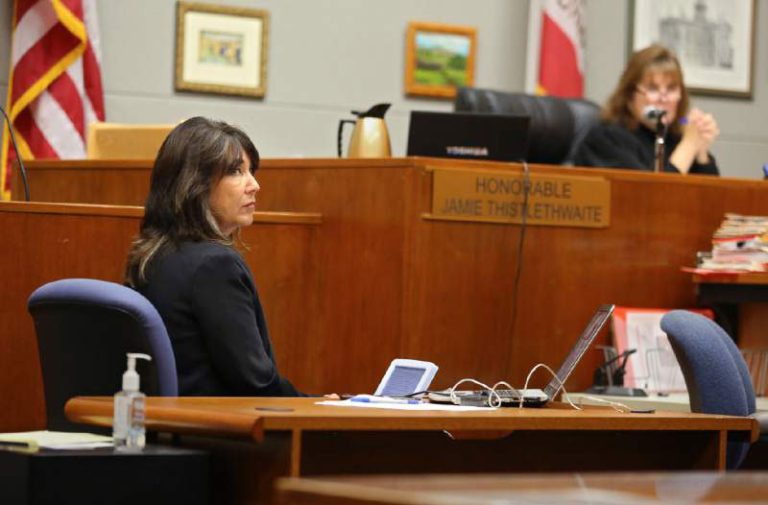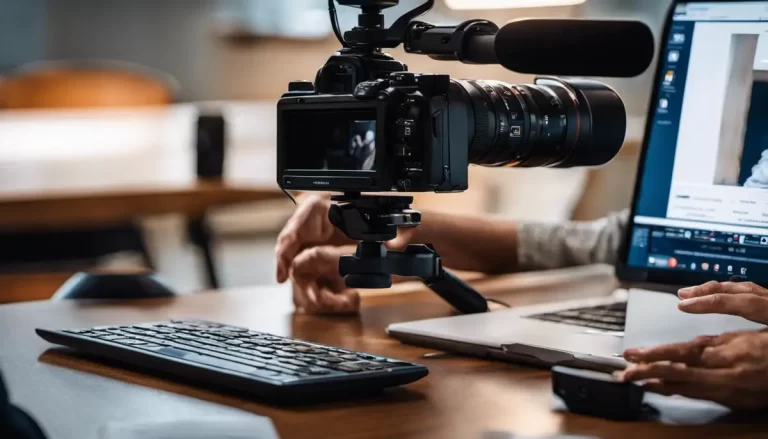The judicial system has traditionally relied on real-time court reporting to record proceedings accurately. Video conferencing has improved this vital process thanks to technology. Imagine a courtroom where participants may easily share information and collaborate in real time from multiple places. It’s the future of court reporting, not a fantasy! Video conferencing changes how court reporters record sessions and helps law firms, courts, and all parties.
How Video Conferencing Improves the Process
Video conferencing has transformed several businesses, including law. Video conferencing improves court reporting in several ways. Court parties can communicate seamlessly via video conferencing. With a few clicks, lawyers, judges, witnesses, and remote participants can connect worldwide. This reduces the need for everyone to be located together, saving time and money on travel.
Faster processing and higher productivity result from real-time information access. Video conferencing also makes proceedings more accessible for remote parties like expert witnesses or out-of-state clients who cannot travel. They can livestream while participating in litigation.
Video conferencing in court reporting improves efficiency, accuracy, and accessibility for all parties.
Cost-Effective Solutions for Law Firms and Courts
Law companies and courts are always looking for methods to cut costs and streamline processes. Real-time court reporting via video conferencing is cost-effective and benefits both parties.
Law firms can cut travel costs using video conferencing. Video conferencing allows lawyers, paralegals, and other staff to attend court sessions remotely. This eliminates expensive flights, lodging, and transportation.
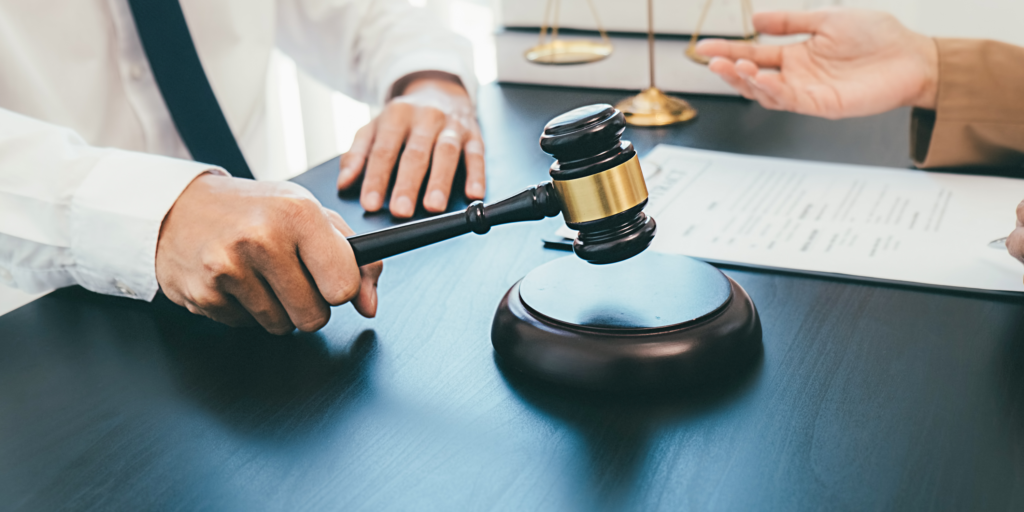
Real-time court reporting via video conferencing is cost-effective for law firms and courts. This technology is growing more popular in the legal industry since it reduces travel costs, eliminates physical transcription, and allows multi-case management from anywhere in the world.
Increased Efficiency and Accuracy
Real-time court reporting via video conferencing improves legal efficiency and accuracy. Video conferencing allows court reporters to transcribe testimony in real time, capturing every word.
No more waiting for transcripts to be manually typed. With real-time court reporting, attorneys and judges may get accurate transcriptions of hearings and depositions immediately. This lets them rapidly reference statements or clarify questions.
Real-time court reporting removes the need to distribute multiple transcripts to parties. Digital copies can be instantly shared with all necessary parties. This cuts paper waste, administrative costs, and time.
Real-time court reporting via video conferencing accelerates legal proceedings by giving accurate transcriptions instantly and reducing errors. Why more law firms and courts are using this unique way to modernize is obvious.
Accessibility for Remote Participants
Remote participants’ accessibility is a major feature of real-time court reporting via video conferencing. Remote participants encounter many obstacles in traditional courtrooms. Technology and video conferencing have decreased this barrier.
Internet users can now attend court sessions and depositions worldwide. Witnesses, experts, attorneys, and judges can participate virtually without traveling or paying travel fees.
Faster Turnaround Time for Transcripts
Traditional court reporting makes transcribing proceedings difficult and time-consuming. The process of physically typing out every word stated during a trial or deposition can take hours or days for court reporters. This transcript delay can hold back legal experts who rely on it for their cases.
Real-time court reporting via video conferencing has greatly improved transcript turnaround. Video conferencing lets court reporters record and transcribe speech in real time, reducing manual typing.
Court reporters can now offer immediate transcription using specialist software and equipment. Thus, attorneys and judges no longer have to wait days or weeks for essential documents that could affect their case strategy or decision-making.

Faster turnaround improves legal firm and court production and efficiency. Legal experts can now quickly acquire accurate and reliable transcripts to analyze crucial data.
Video conferencing speeds up transcript production, helping lawyers in disparate places save time and make educated choices.
The Future of Real-Time Court Reporting with Video Conferencing Technology
Real-time court reporting is getting more exciting as technology advances. Video conferencing will boost efficiency and accessibility in this industry. AI in transcribing services is a major development. Imagine a world when AI algorithms help court reporters transcribe proceedings in real time. There would be less human error and faster processing.
Blockchain technology could enable real-time court reporting. Decentralized networks securely retain transcripts immutably, ensuring transparency and protecting sensitive data. Real-time court reporting with video conferencing appears promising. These innovations will change legal proceedings worldwide, from AI-powered transcribing services to VR-enabled courtrooms and improved collaboration tools.






